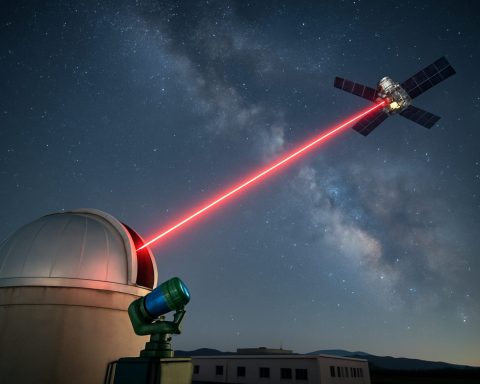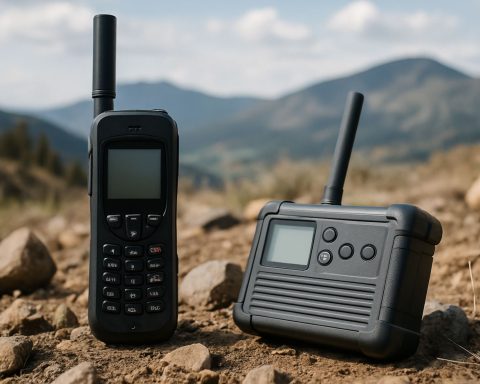
Zero-Shot Learning
Zero-Shot Learning (ZSL) is a machine learning paradigm where a model is trained to recognize objects or perform tasks without having seen any examples from certain categories during the training phase. Instead of relying on traditional supervised learning, where models learn from labeled data, zero-shot learning utilizes knowledge transfer from previously learned classes to make predictions about unseen classes.In ZSL, the model typically uses semantic embeddings, such as attributes or textual descriptions, to understand the characteristics of both seen and unseen classes. By relating new classes to the learned attributes or concepts, the model can generalize its understanding and infer what it has not explicitly encountered.This approach is particularly useful in situations where obtaining labeled data is difficult, expensive, or time-consuming. Zero-shot learning has applications in areas like image classification, natural language processing, and robotics, allowing systems to adapt and recognize new categories flexibly and efficiently.







